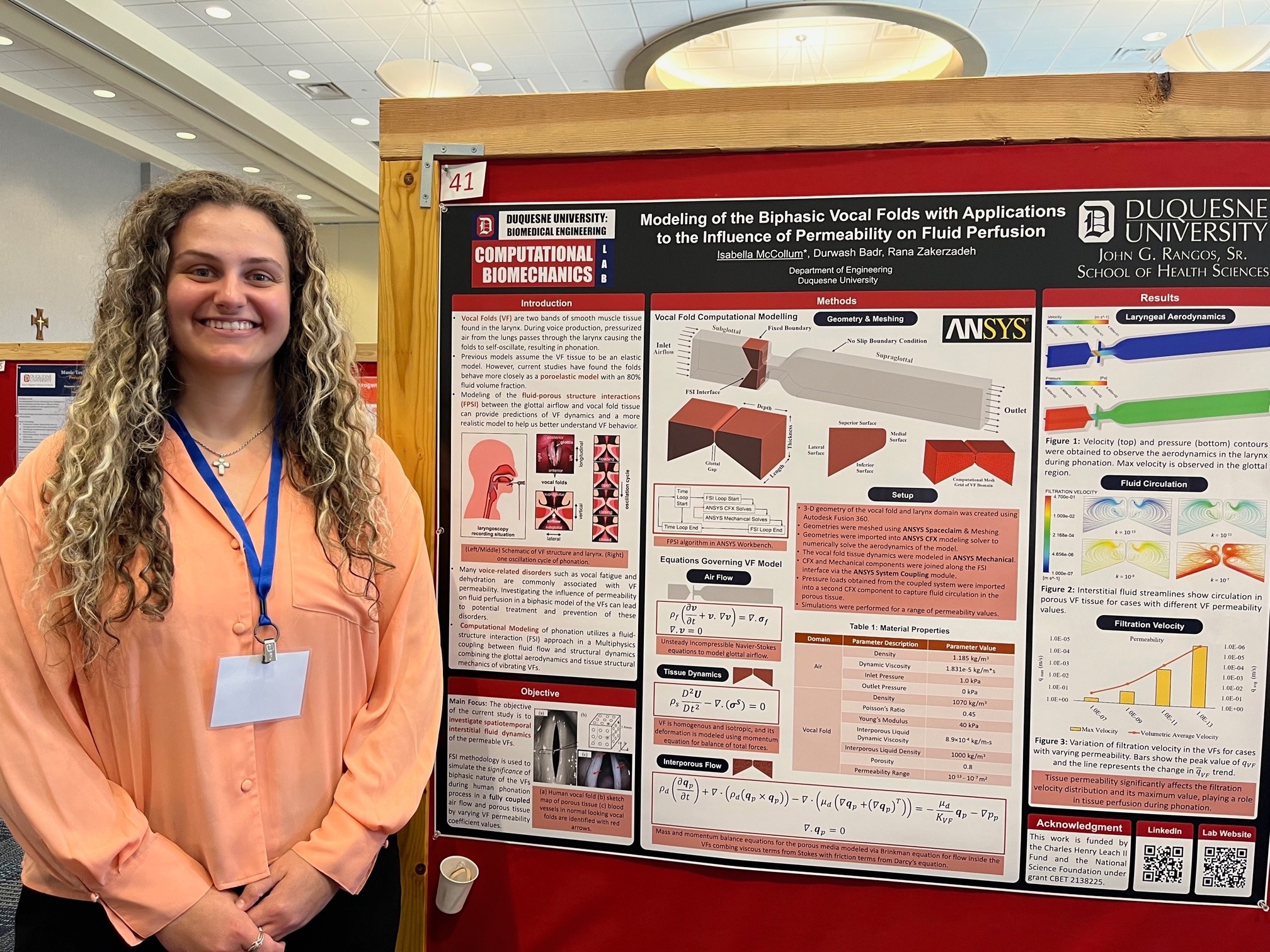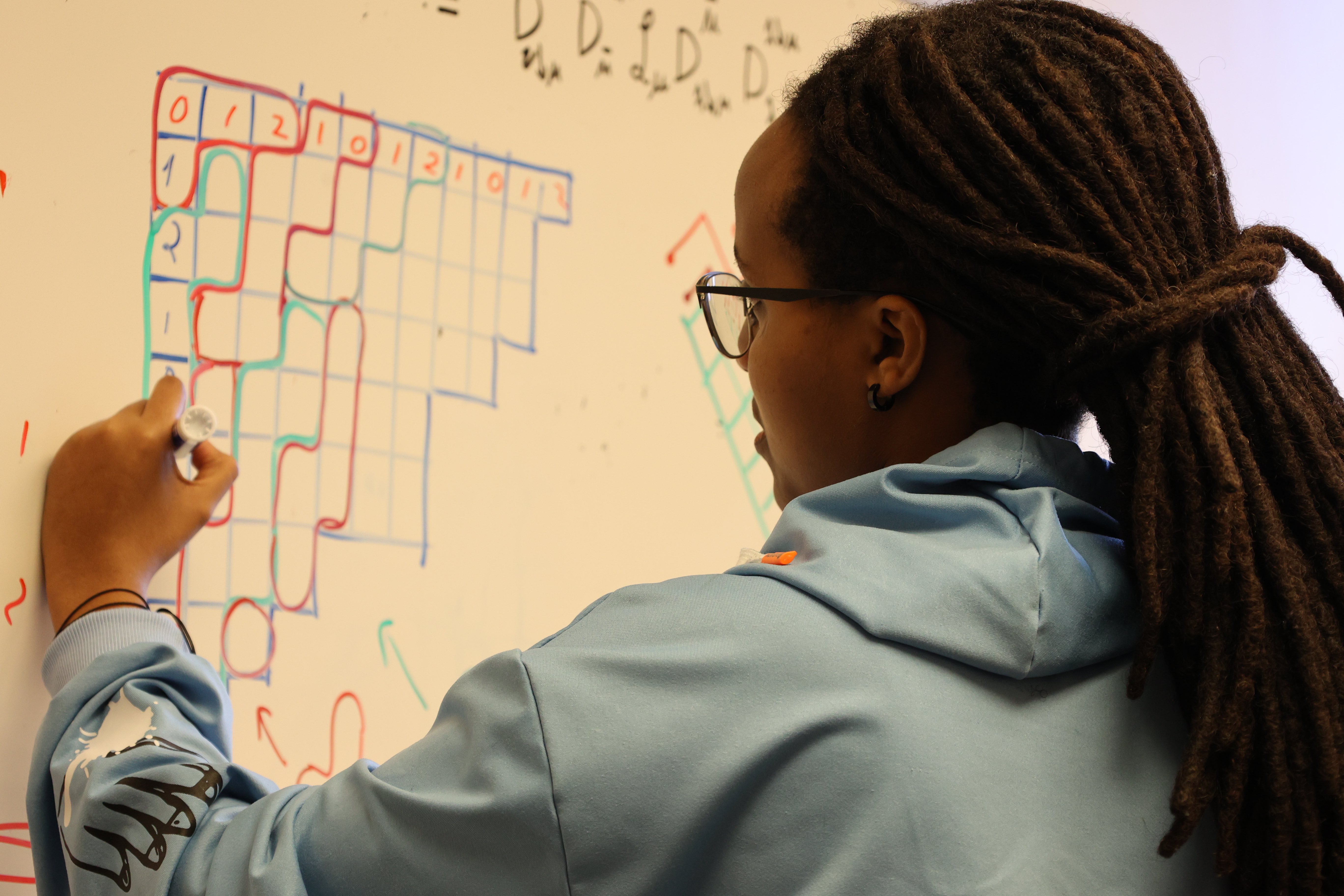Mathematics
The Bachelor of Arts (B.A.) in Mathematics program at Duquesne University offers a comprehensive foundation in mathematical theory. Through a diverse curriculum, you'll study calculus, algebra, statistics and more, preparing for a wide range of career paths in fields like education, finance, data analysis and research. You'll also have the flexibility to combine the mathematics B.A. with a range of degree programs in business, education and the sciences, among others.
Take advantage of free tutoring, personalized mentorship and invaluable faculty-led research opportunities. These resources are designed to enhance your learning experience, foster your academic growth and equip you with the analytical skills and problem-solving abilities necessary for a successful career in mathematics.
Program Information
Discover your passion for mathematics with the Bachelor of Arts in Mathematics program at Duquesne University. Develop critical thinking and problem-solving skills essential for success in mathematics or a related discipline. Benefit from our small class sizes and dedicated faculty who provide personalized attention and support, ensuring you thrive academically and professionally.
Program Type
Major
Degree
Bachelor's
Academic Department
Mathematics and Computer Sciences
Duration
4-year
Required Credit Hours
120
Frequently Asked Questions (FAQs) about Mathematics at Duquesne Explore our diverse array of clubs and organizations spanning interests in mathematics
and other STEM programs. With guidance from faculty advisors and staff, you'll have
the opportunity to meet students with similar interests, organize events and make
a positive impact in your community. Pursue your passions, build meaningful relationships,
and hone your professional and leadership skills along the way. Internships play a crucial role in career development. In our program, students have
access to a wide range of internship opportunities, spanning large and small companies,
non-profit organizations, and government agencies. This is sample coursework for the Mathematics BA degree. Please note: Students in
the Honors College need to complete 6 honors courses. Bridges Coursework requires
students to take one Theology and one Philosophy course. It is recommended to do this
as a Bridges Competency course. Initiate your journey into Applied Mathematics today by reaching out to your Curriculum
Coordinator!Mathematics FAQs
Explore Our MinorsFeatured content

Student Organizations

Internship Opportunities
Sample Course Work
Spring Semester (16 credits)
Spring Semester (16/17 credits)
Spring Semester (15 credits)
Spring Semester (15 credits)
Learning Outcomes
Questions? Contact Us!


